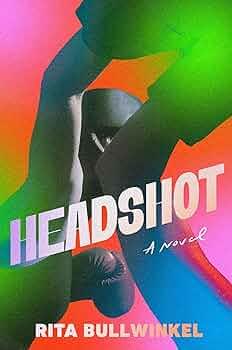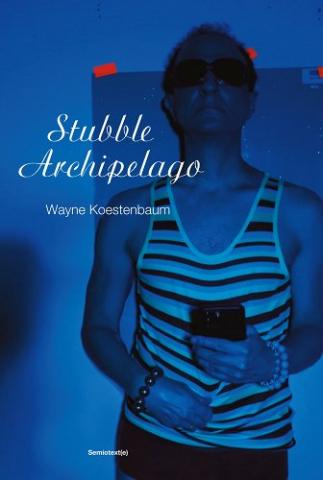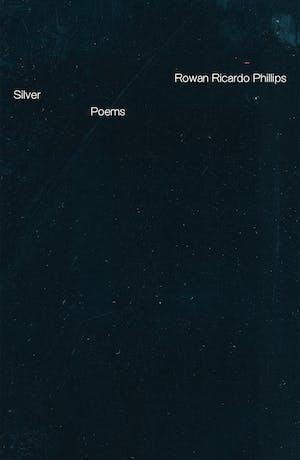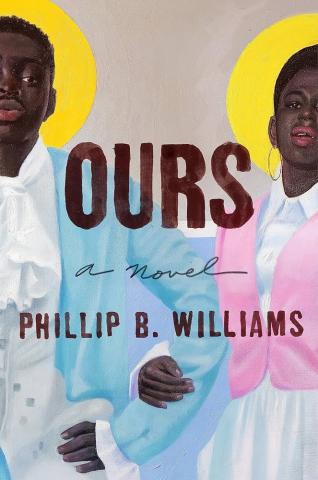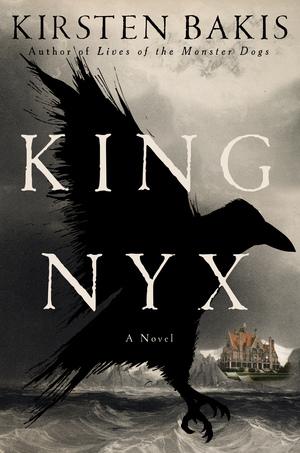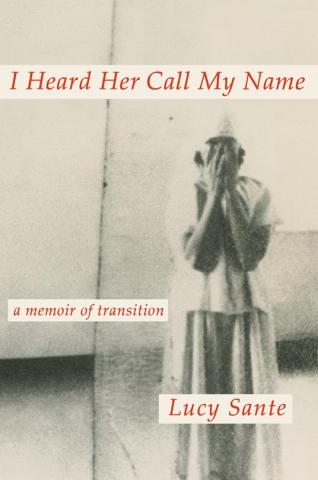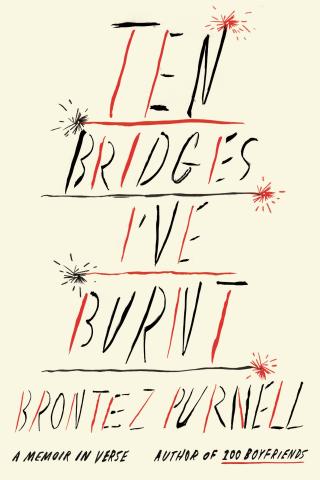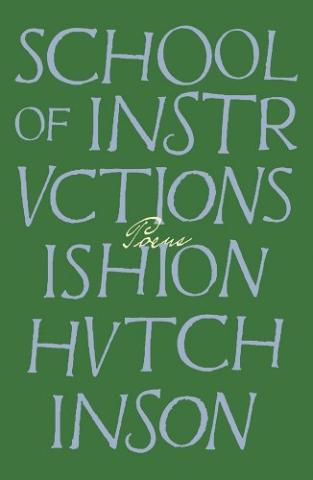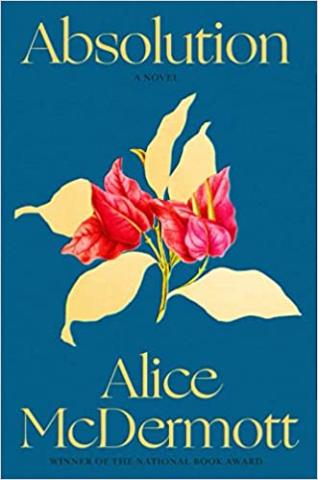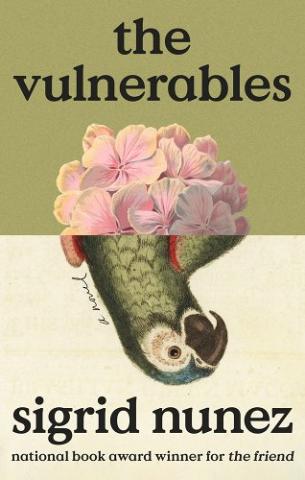An unexpected tragedy at a community pool. A family’s unrelenting expectation of victory. The desire to gain or lose control; to make time speed up or stop; to be frighteningly, undeniably good at something. Each of the eight teenage girl boxers in this blistering debut novel has her own reasons for the sacrifices she has made to come to Reno, Nevada, to compete to be named the best in the country. Through a series of face-offs that are raw, ecstatic, and punctuated by flashes of humor and tenderness, prizewinning writer Rita Bullwinkelanimates the competitors’ pasts and futures as they summon the emotion, imagination, and force of will required to win.
